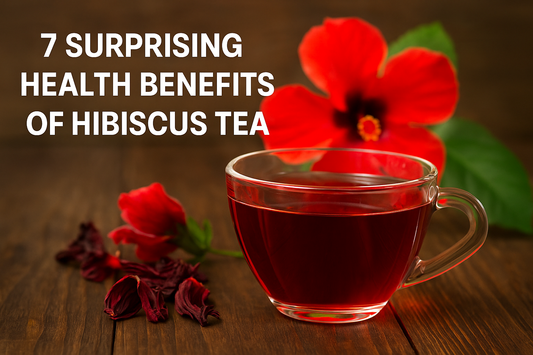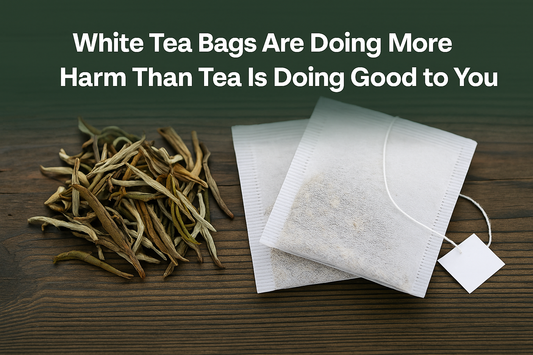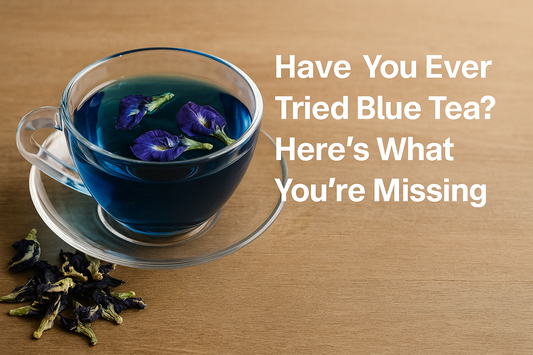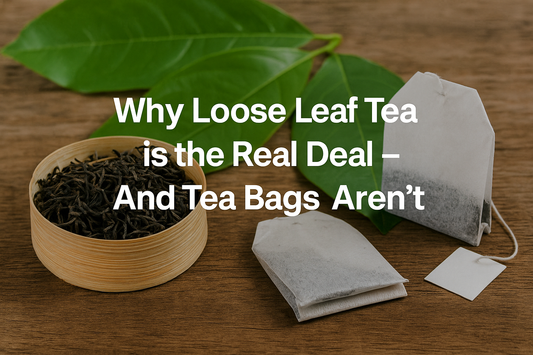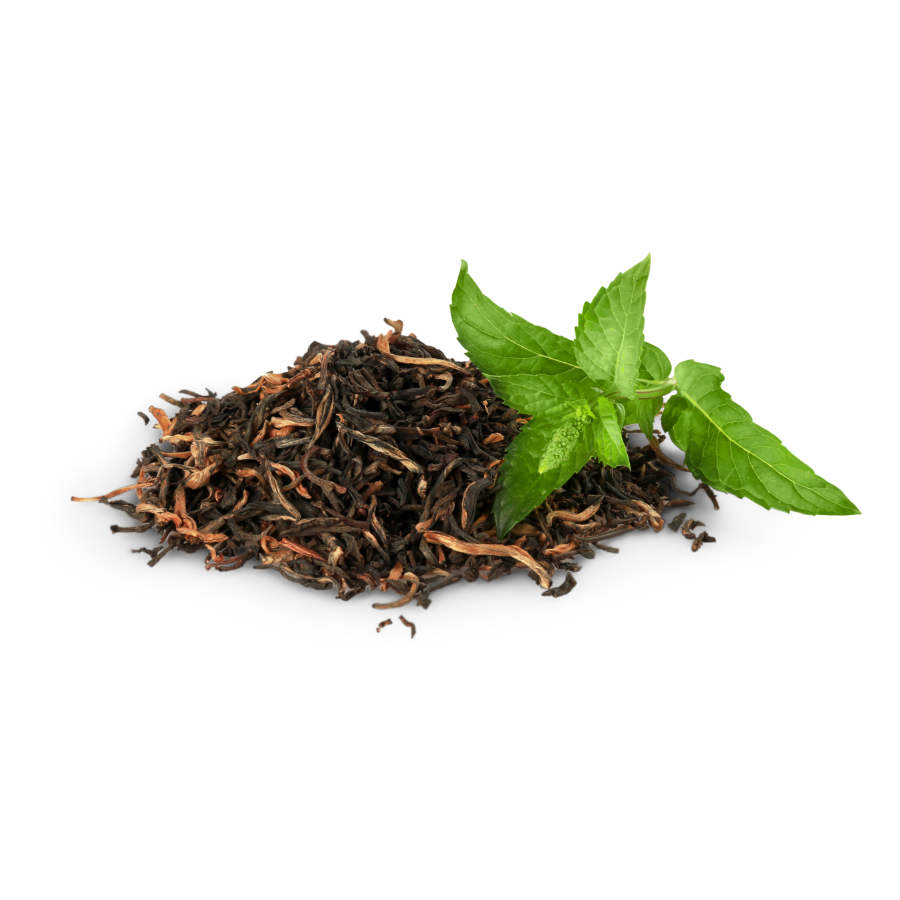Is Tea Really an Immunity Booster? Science vs. Hype
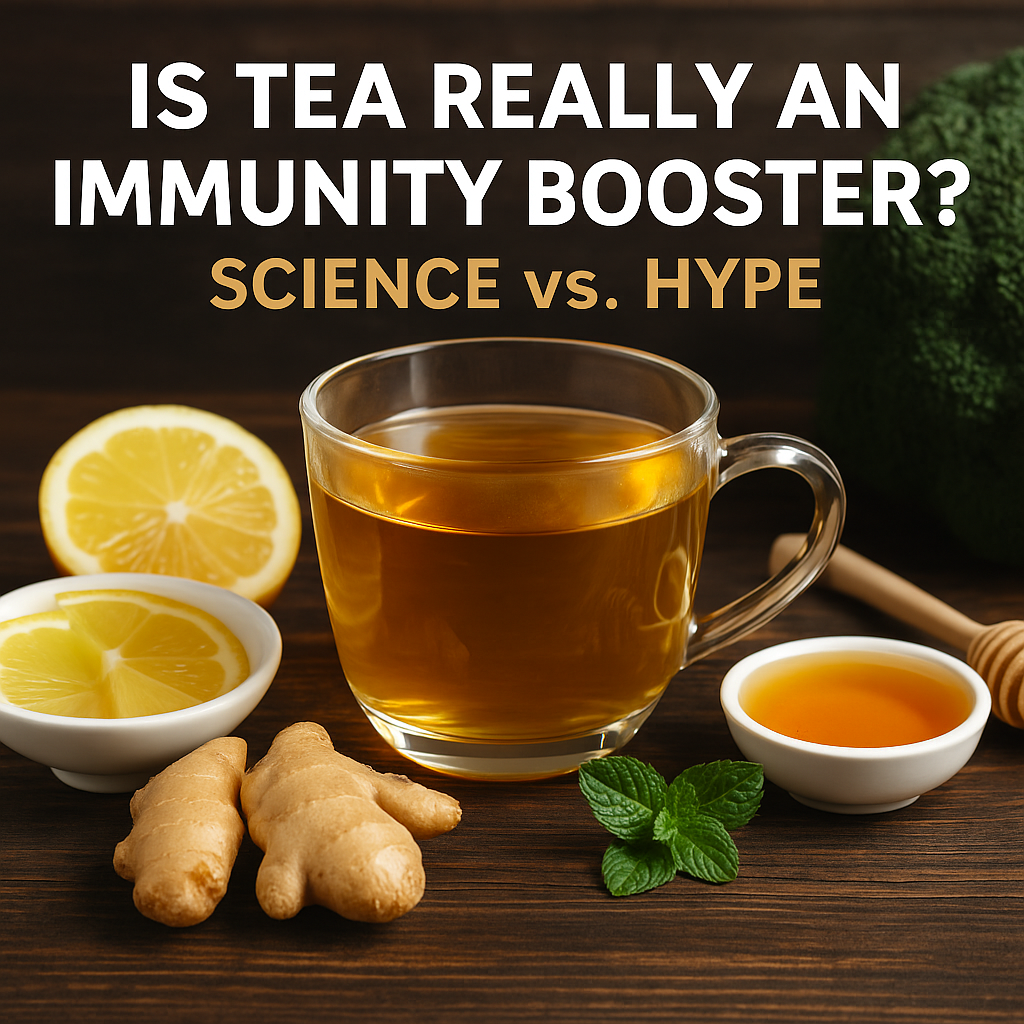
Tea – The Comfort Drink With a Health Halo
There’s nothing quite like a warm cup of tea to soothe your senses. Beyond its comforting aroma and taste, tea has long been marketed as a powerful immunity booster — a “natural shield” against illness, especially since the pandemic made wellness a top priority.
But how much of this is science, and how much is hype? Is tea really capable of strengthening your immune system, or is it simply another healthy habit that works best when combined with a balanced lifestyle? Let’s sift through the facts and fiction.
🧬 2. Understanding Immunity: What It Really Means
Before we dive into what tea can or cannot do, it’s important to understand what immunity actually is. Immunity is your body’s built-in defense mechanism — a complex network of cells, tissues, and organs working together to protect you from harmful pathogens like viruses, bacteria, and toxins.
Here’s what’s key:
-
General wellness ≠ stronger immunity. Eating well, sleeping enough, and staying hydrated support your immune system but don’t “supercharge” it overnight.
-
Your immune response is dynamic. It strengthens or weakens based on genetics, age, lifestyle, and exposure to different microorganisms.
-
No single food or drink is a magic bullet. Building resilience takes consistency and multiple factors working together.
With that clarity, we can now look at where tea fits in the equation.
The Science Behind Tea and Immunity
Tea contains a treasure trove of bioactive compounds that may support immune function — but the key word here is support, not cure or boost.
Let’s break it down:
-
Polyphenols & Catechins
These are antioxidants found in both green and black tea. Catechins like EGCG (epigallocatechin gallate) have been studied for their role in modulating immune response and fighting oxidative stress. -
L-Theanine
A unique amino acid found mostly in tea (especially green tea), L-theanine may influence the production of cytokines (chemical messengers in immunity), helping fine-tune immune activity. -
Anti-inflammatory Effects
Herbal teas like ginger, turmeric, and tulsi (holy basil) are known to reduce inflammation — a root cause of many chronic illnesses and weakened immune response.
That said, most scientific studies note that tea works best as part of an overall healthy lifestyle — not as a standalone immunity weapon.
Popular Immunity Teas – What’s in Them?
Here are some commonly marketed “immunity teas” and what makes them tick:
-
Kadha Tea
A blend of tulsi, ginger, black pepper, cinnamon, and cloves — rich in antimicrobial and anti-inflammatory properties. A classic Ayurvedic defense drink. -
Turmeric-Ginger Tea
Curcumin (from turmeric) is widely researched for immune modulation. Combined with ginger, it helps fight inflammation and soothe digestion. -
Green Tea with Tulsi
Combines the antioxidant power of green tea with the adaptogenic (stress-regulating) benefits of tulsi. -
Chamomile Tea
Not traditionally an immunity booster, but it helps with sleep and stress — both crucial for maintaining immune balance. -
Triphala or Herbal Digestive Teas
Support gut health — and since 70% of the immune system resides in the gut, this indirectly boosts your body’s natural defenses.
The Verdict: Support, Not Superpower
Drinking tea won’t turn you into an immunity superhero overnight — but it can absolutely support your body’s natural defenses when combined with good habits like:
-
Balanced nutrition
-
Regular exercise
-
Adequate sleep
-
Stress management
-
Hydration
So yes, tea helps, but it isn’t magic. Think of it as your daily wellness ritual — not a miracle cure.
Brew Wisely, Live Mindfully
In the age of health trends and quick fixes, it’s easy to get swept up in exaggerated claims. But when it comes to your immunity, tea is a humble helper, not a headline hero.
Choose thoughtfully crafted blends that suit your lifestyle — and let every sip be a small investment in your long-term wellness.

